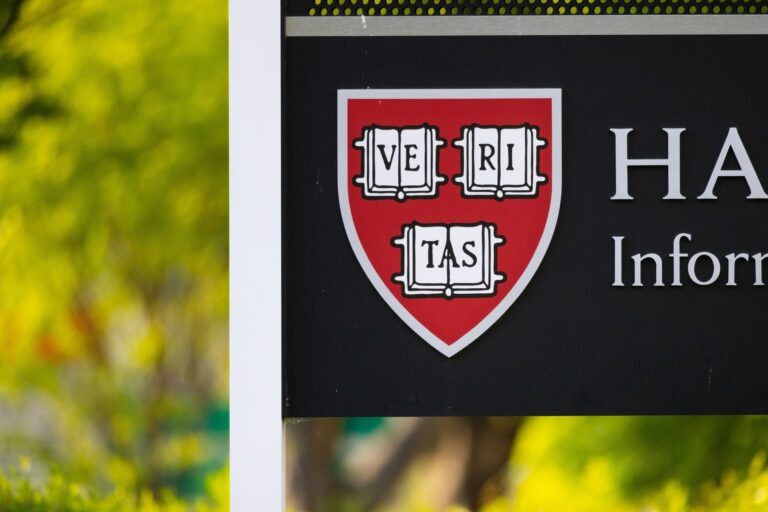A federal judge in Massachusetts has restored more than $2.2 billion in research funding to Harvard University, overturning an effort by the Trump administration to cancel the grants. The ruling, issued by Judge Allison Burroughs on September 3, orders that the funds be reinstated and prevents officials from halting them again. The grants, frozen since spring, are critical to Harvard’s work in health, technology, and scientific research.
The case centers on whether federal research programs can be influenced by political disputes. Burroughs’ 84-page decision concluded that the administration’s action was unconstitutional and violated federal law. The judge found that the cancellation was linked to political disagreements over antisemitism investigations on campus, rather than any legitimate funding requirements. Federal research grants, the court emphasized, cannot be used as tools for political retaliation.
“This ruling affirms the integrity of scientific funding and the principle that research programs must remain free from political interference,” the decision stated. Harvard University welcomed the judgment, highlighting the importance of the grants to ongoing projects and academic activity. University officials noted that these funds support hundreds of researchers, labs, and students whose work spans health sciences, engineering, and cutting-edge technology initiatives.
The restoration of Harvard’s research funding also signals a broader legal precedent. Experts say the ruling limits the federal government’s ability to target universities through grant decisions, reinforcing protections for academic institutions. By establishing that political considerations cannot override funding protocols, the court has strengthened safeguards for federally supported research.
The Department of Justice has not yet indicated whether it will appeal the decision to the First Circuit Court of Appeals. Meanwhile, agencies such as the National Institutes of Health (NIH) and the National Science Foundation (NSF) are expected to resume distributing funds, though the exact timeline for disbursement remains uncertain. Researchers are eager to receive the grants, as many projects were temporarily stalled by the freeze.
For Harvard, the ruling is a major victory. The university emphasized that uninterrupted funding is vital for maintaining research momentum, supporting graduate students, and advancing discoveries that impact public health and innovation. “These grants are more than money—they are the lifeblood of research that addresses critical challenges worldwide,” Harvard officials said.
Legal analysts say the decision underscores the judiciary’s role in checking the executive branch. Burroughs’ ruling reminds federal agencies that grant cancellations must comply with the law and cannot serve political agendas. “The court has reinforced the principle that science and scholarship must operate independently of partisan politics,” one expert commented.
The timing of the ruling is significant. During the past several years, federal research funding has faced increasing scrutiny and, at times, politicization. Harvard’s case highlights the vulnerability of academic institutions when political factors intersect with funding decisions. By restoring the grants, the court has reaffirmed the importance of evidence-based support for research initiatives.
Beyond Harvard, the ruling may influence other universities that faced similar funding threats. Legal observers note that the decision sets a clear example that political considerations cannot justify withholding or canceling federally approved grants. Institutions nationwide may now have stronger legal grounds to challenge arbitrary funding decisions.
As agencies work to release the funds, Harvard researchers are preparing to resume paused projects. Many studies in health, science, and technology will now continue without further disruption, helping maintain the university’s position as a leader in innovation. The restored funding also supports collaborations with other academic institutions and private research partners.
The Harvard research funding restored ruling marks a pivotal moment for both the university and federal grant policy. It reinforces protections for scientific research, preserves the independence of higher education institutions, and ensures that critical projects can move forward. For researchers and students alike, the decision brings stability and confidence in the continuity of academic work.



